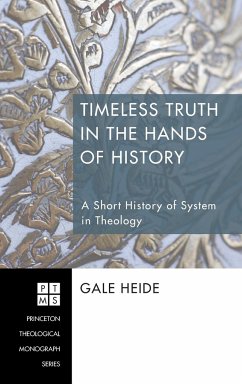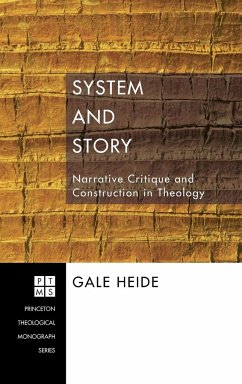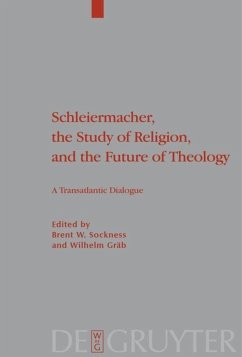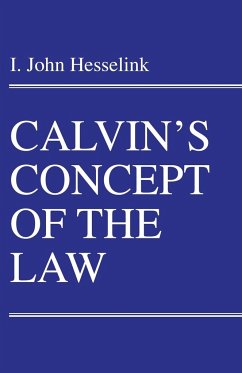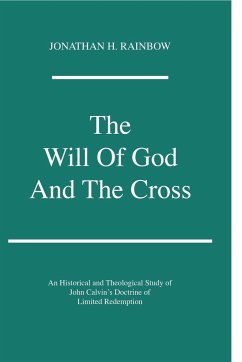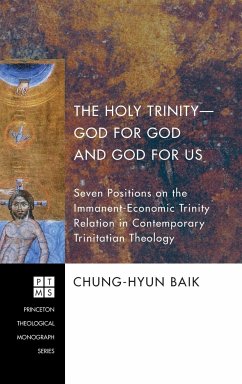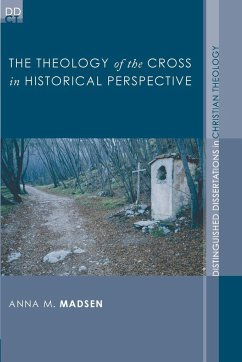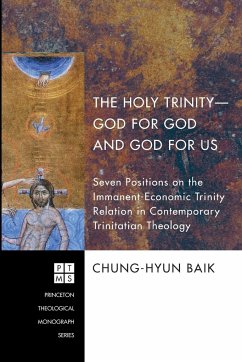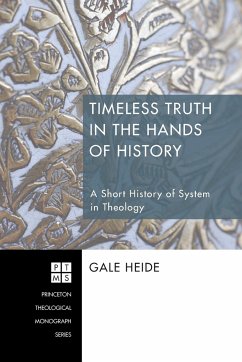
Timeless Truth in the Hands of History
Versandkostenfrei!
Versandfertig in 1-2 Wochen
24,99 €
inkl. MwSt.
Weitere Ausgaben:

PAYBACK Punkte
12 °P sammeln!
"What is the purpose of theology for the church?" Systematic theology provides an inroad into this question by offering both a method for doing theology and an explanation for the purpose of that method. However, "system" is itself the product of a specific understanding of knowledge grounded in rational demonstration of facts. This study attempts to address the historical debate over when systematic theology began. Much of the debate is centered on the definition of system and revolves around the use, or lack thereof, of external philosophical categories or language. Specific historical figur...
"What is the purpose of theology for the church?" Systematic theology provides an inroad into this question by offering both a method for doing theology and an explanation for the purpose of that method. However, "system" is itself the product of a specific understanding of knowledge grounded in rational demonstration of facts. This study attempts to address the historical debate over when systematic theology began. Much of the debate is centered on the definition of system and revolves around the use, or lack thereof, of external philosophical categories or language. Specific historical figures have been selected to serve as illustrations of how theological prolegomena functioned in works prior to and following the influence of Enlightenment thought. In the early chapters it will be seen that theology was neither totally saturated with, nor totally devoid of, external philosophical reference points or programmatic intentions. On the contrary, both external points of reference and programmatic intentions have played a role in theology since the church's inception. In other words, certain elements of system (e.g., logic, non-contradiction, organization) have played a role in theological investigation and construction since, at least, the second century. The last two chapters of this study demonstrate that these may not be the same influences that have marked post-Enlightenment systematics. One of the primary characteristics of pre-Enlightenment theology is its intentional focus on the life of the church. Theology, like the Scriptures, was often written for specific circumstances. Enlightenment influences significantly changed the intentions of much of theology in that theological knowledge was studied and displayed for the sake of knowledge itself. The church no longer mattered, or was at best an afterthought, in the realm of what is now seen as the domain of academic theology.





